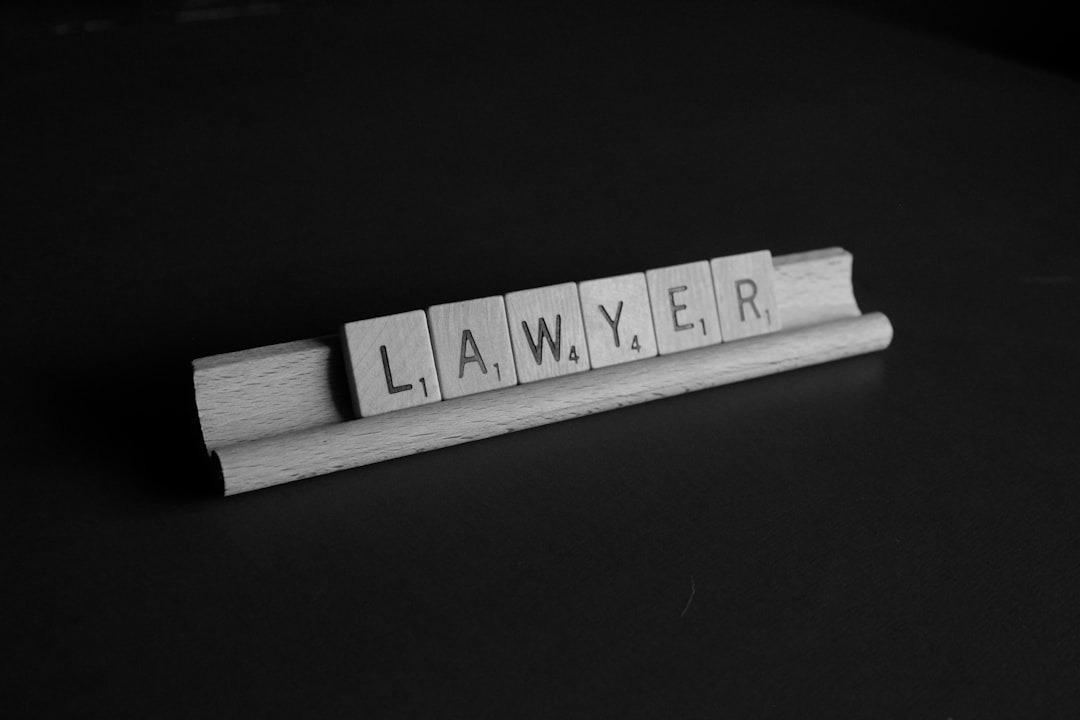Depositions are crucial in Pennsylvania school abuse lawsuits, where sworn testimony from witnesses helps gather evidence and plan cases. Skilled school abuse lawyers guide clients through these hearings, ensuring their rights are protected and focusing on relevant facts. Preparing for depositions involves reviewing documents, practicing scenarios, and providing detailed accounts of events. Meticulous preparation is key to a successful outcome in these fact-finding tools that ultimately shape the case.
“In the complex landscape of Pennsylvania abuse lawsuits, depositions play a pivotal role. This informative guide navigates the crucial aspect of legal proceedings for school abuse victims and their advocates. From understanding the essence of depositions in school abuse cases to mastering preparation strategies, this article equips readers with vital knowledge.
Learn how a skilled school abuse lawyer in Pennsylvania guides clients through these interactions, ensuring rights are protected. Discover common questions and successful strategies to emerge from depositions with confidence.”
Understanding Depositions: A Key Component in School Abuse Cases

Depositions play a crucial role in Pennsylvania school abuse lawsuits, serving as a vital tool for both plaintiffs and defendants to gather evidence and build their cases. A deposition is essentially a legal question-and-answer session outside of court, where witnesses or key individuals involved in the case are asked to provide detailed testimony under oath. This process allows lawyers to uncover crucial facts, assess the strength of the case, and identify potential areas of contention.
For victims seeking justice through a school abuse lawyer in Pennsylvania, depositions can be a significant step towards holding perpetrators accountable. It offers an opportunity to share their stories and present evidence that may have been challenging to gather otherwise. Understanding the deposition process is essential for anyone involved in such cases, as it significantly influences the outcome and direction of legal proceedings.
The Role of a School Abuse Lawyer During Depositions

During depositions in Pennsylvania abuse lawsuits, a skilled school abuse lawyer plays a pivotal role in protecting the interests of their client—often a victim or their family seeking justice for child abuse. These lawyers are well-versed in state laws and procedures, ensuring that their clients’ rights are upheld throughout the legal process. They guide clients through the deposition environment, explaining each step to help them feel at ease and answer questions accurately.
A school abuse lawyer in Pennsylvania also prepares clients by reviewing relevant documents, recollecting key details, and rehearsing potential scenarios. Their expertise enables them to anticipate opposing counsel’s lines of questioning and strategize effective responses. Moreover, they ensure that the deposition focuses on the facts and issues at hand, protecting their client from any misleading or irrelevant inquiries.
Preparing for Your Deposition: What to Expect in Pennsylvania

Preparing for a deposition can be daunting, especially in sensitive cases like Pennsylvania school abuse lawsuits. As a plaintiff or defendant, understanding what to expect is crucial. Your school abuse lawyer in Pennsylvania will guide you through this process, but it’s beneficial to be prepared.
During your deposition, you’ll be asked specific questions about the events leading up to and surrounding the alleged abuse. Be ready to provide detailed accounts, including dates, locations, and names of individuals involved. It’s essential to tell the truth and answer questions as accurately as possible. Remember, your testimony can significantly impact the outcome of your case, so clarity and consistency are vital.
Common Questions and Strategies for Success in Depositions

Depositions in Pennsylvania abuse lawsuits can be intense and intimidating, but with proper preparation, a school abuse lawyer can help clients navigate this crucial phase. Common questions often arise, such as: “What is the purpose of a deposition?” and “How can I effectively communicate my story?” Strategies for success include understanding that depositions are fact-finding tools, allowing both sides to gather information and assess the strength of a case. Clients should be prepared to answer detailed questions about the alleged abuse, its impact, and relevant details surrounding the incident(s).
A successful approach involves remaining calm, confident, and truthful throughout the deposition. It’s essential to remember that depositions are not trials; therefore, lawyers may ask leading questions to guide the testimony. Clients should listen carefully, answer honestly, and avoid speculating or guessing. Practicing responses beforehand with a lawyer can help alleviate anxiety, ensuring clients present their story coherently and compellingly. This preparation is key to presenting a strong case and reaching a favorable outcome in Pennsylvania abuse lawsuits.






